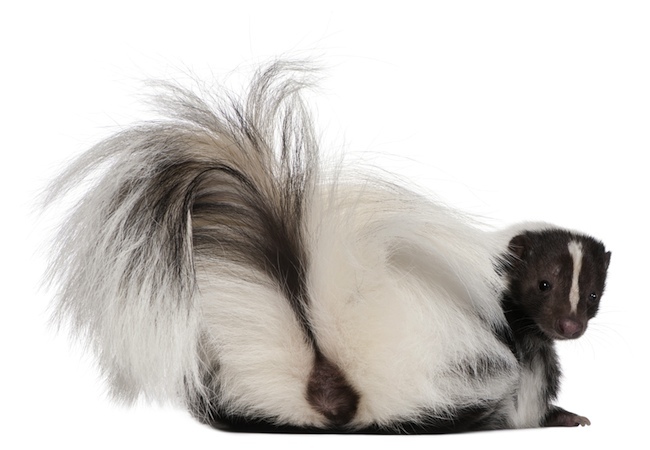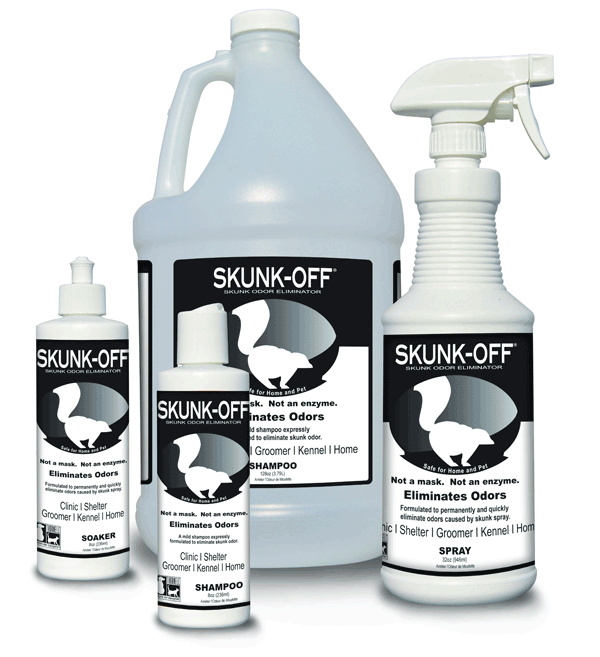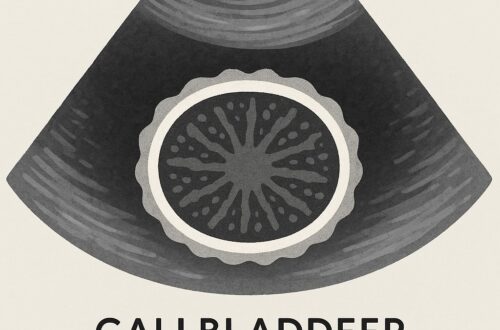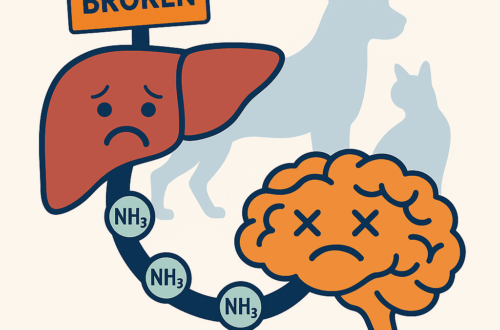The smell is undeniable. Your nose wrinkles in disgust. Your eyes water. The putrid stench even leaves a bad taste in your mouth. Imagine actually getting some of that foul fluid on you? Unbearable, right?! Many of our fur babies encounter a docile skunk in the wild, but don’t recognize the defensive posture and behaviors of the offended woodland creature. Subsequently, our curious cats or probing pooches pay the price. So do we as pet parents who have to bathe them. Getting skunked can pose a serious health issue for some pets. This problem can be much more than the grotesque smell. Skunk spray can kill! In this week’s blog, I share information about skunk spray toxicity so pet parents can familiarize themselves with this potential problem. Happy reading!
Getting Skunked – What is the stinky fluid?
Skunks, like dogs and cats, have two anal glands. They contain a fetid fluid composed of substances called thiols. Two of them – (E)-2-butene-1-thiol and 3-methyl-1-butanethiol – are responsible the characteristic stench. Most folks in North America know the smell of this fluid all too well – a mixture of rotten eggs and rotting compost! Skunks use their anal gland fluid as a defensive weapon. They can spray their secretions up to 15 feet (5 meters), and the accuracy of their aim is impressive!
Getting Skunked – What are of the side effects?
As pet parents, we rarely witness our pets getting skunked. But the aftermath is unmistakable. Due to their probing curiosity, most dogs and cats are sprayed in the head region. Subsequently, these animals understandably manifest multiple clinical signs, including:
- Drooling (called ptyalism)
- Eye swelling and reddening
- Squinting (called blepharospasm)
- Sneezing
- Vomiting
Rarely, getting skunked can be life-threatening. The thiols contained in a skunk’s anal gland secretions can damage the oxygen-carrying compound in blood called hemoglobin. This type of damage is called oxidative injury. According to board-certified veterinary toxicology specialists, this damage may happen within a few hours and up to 24 hours after a pet is sprayed. The damage to hemoglobin prevents normal oxygen circulation and can cause red blood cells to rupture. At least one death from skunk spray toxicity has been reported in dogs. Cat red blood cells are uniquely sensitive to oxidative injury, yet no cases secondary skunk spray have been reported.
Getting Skunked – How do you treat sprayed pets?
For the vast majority of dogs sprayed by skunks, treatment is symptomatic. Pet parents simply want to get rid of the ghastly smell! The thiols contained in skunk anal gland secretions don’t dissolve in water, but some solutions can change them into soluble entities that are more easily washed away. Many old wives’ tales exist regarding effective decontamination strategies, including bathing in beer, tomato paste/juice, and feminine hygiene products. Such unique baths are not recommended.
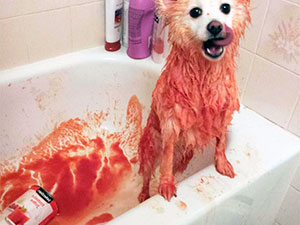
Thankfully, some effective commercial products and homemade concoctions are available, including:
- Skunk-Off®
- Krebaum skunk odor removal formula (1 quart fresh 3% hydrogen peroxide + ¼ cup baking soda + 1-2 teaspoons liquid dishwashing detergent; mix all ingredients together; apply formula to pet and allow to sit for five minutes; rinse thoroughly with water after five minutes; repeat if necessary)
- Nature’s Miracle Skunk Odor Remover
- Cool Mint Listerine® Antiseptic mouthwash
Patients who have been sprayed in the eyes should have them flushed with tepid water or saline (0.9% sodium chloride). Monitoring blood values is recommended for up to 72 hours in severely sprayed patients. Pets who develop oxidative damage to their red blood cells require hospitalization for aggressive care, including intravenous fluids and special medications to support the body’s ability to circulate oxygen. These patients often benefit from the care of a board-certified veterinary emergency and critical care specialist.
Skunks can carry the rabies virus. Any pet who has had physical contact with a skunk, especially those with bite and/or scratch wounds, should be examined by a veterinarian immediately.
The take-away message about getting skunked…
Getting skunked is something a pet parent hopes never happens. When it does, the clean up process is unquestionably a stinky one. Rarely, skunk spray can cause a life-threatening problem by damaging an affected pet’s red blood cells. The damage prevents normal circulation of oxygen in the body. While most dogs and cats simply require extensive bathing and decontamination, some require meaningful critical care to treat their damaged red blood cells.
To find a board-certified veterinary emergency and critical care specialist, please visit the American College of Veterinary Emergency and Critical Care.
Wishing you wet-nosed kisses,
cgb



